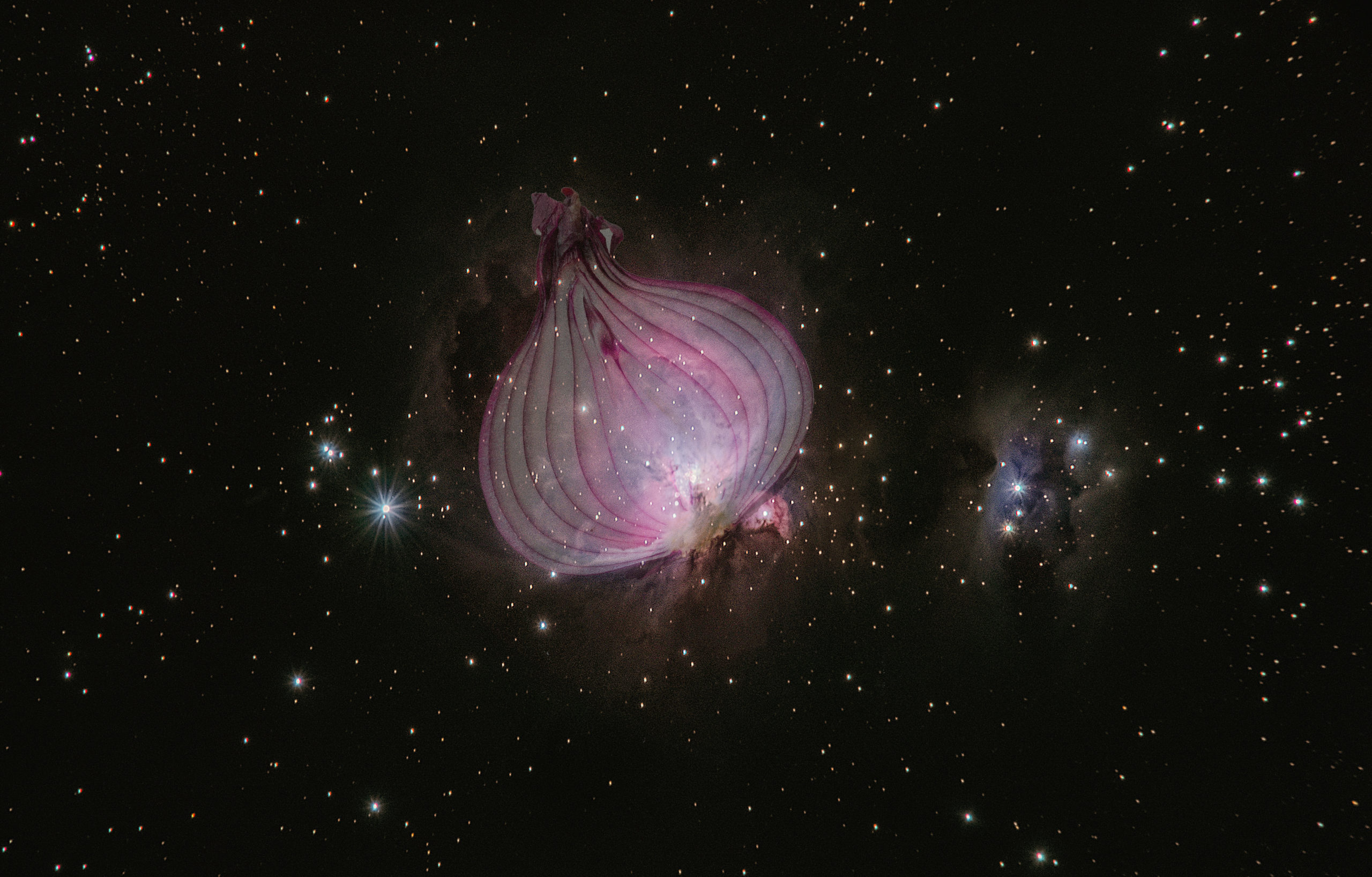
by Carol S. Hyman
Robert Burns, on seeing a louse on the bonnet of a “fine lady” in church, was inspired to write a poem, the last stanza of which starts with the lines,
“O, wad some Power the giftie gie us, To see oursels as others see us!”
Leaving the giftie out of it, consultants have tried to approximate that power in the workplace with a tool called 360-degree feedback, which, as the name suggests, involves self-assessment as well as assessments by people all around one.
Most of us don’t get that kind of feedback very often, for which we may feel grateful since some of it may be hard to hear. But if we do want to see ourselves as others might see us, applying mindfulness to recognize our storylines and detect the patterns that frequent our inner lives is a good way to begin. Noticing what we feel most attached to maintaining about ourselves slowly helps expand our perspective so we can understand our defensiveness, and allows us to relax a bit about who we think we are.
As a child, I prided myself on my memory, not just for schoolwork, where it brought good grades and praise, but also for books, movies, television shows, and conversations. Although the term hypervigilance wasn’t used much back then, I delighted in the fact that not much, if anything, got past me. Of course, you don’t know what you don’t know. What I did know was that I preened whenever anyone praised my memory. It felt like a big part of what defined me.
When we’re young, there’s less to remember; as years go by and events accumulate, even hyper-vigilantes have to let some things go. Other things take their place; how we define ourselves changes. Roles, qualities, traits, characteristics, and intentions are more often the reference points by which we define ourselves, rather than by our actions. Conversely, we’re more likely to define others by their acts, and not necessarily their most characteristic ones. Indeed, when we refer to someone’s “defining moment,” we sometimes forget to consider the context of the rest of their lives.
The sudden death of Kobe Bryant started me thinking along these lines. One of the GOAT basketball players to some, a rapist to others. A husband, a father, a friend. Without context, we rely on labels, which are inherently one, or at best two, dimensional. In his case, context comprises all those relationships and activities and events, as well as more than anyone else could ever imagine. While we may have our opinions, we can’t know what he would consider his defining moment. What we do know is that he practiced meditation every morning, calling it his “anchor.”
This month, the one in which both George Washington and Abraham Lincoln were born, we celebrate “Presidents’ Day,” though how we view presidents, even those two, also depends on context. Some might say Washington’s defining moment was when he refused to be president for life, preferring, in the words of Hamilton, to “teach them how to say goodbye.” Military genius, father of his country, and also owner of slaves. Even honest Abe has had plenty of bad press. If you doubt it, do an online search for criticism of him. Human beings are always complex and multi-faceted, our behavior subject to and shaped by the context of our era and culture, and someone is always ready to find fault with others.
Thus when we talk about defining moments, we need to realize that we’re taking a little snippet out of a life or a time, and making it stand for more. Whether it seems a positive thing, such as the moment in a relationship when two people help each other through something that felt impossible, or in a career when you achieve something great, or a negative, as when you suffer a loss that you know will mark the rest of your days, defining moments shape the stories we tell ourselves about our own lives, and each other’s. Winning a Superbowl or an Oscar may be a defining moment, or it may turn out to be only a preamble to a larger life. We can’t know the full story until it’s over, at which point we will have to let go of everything and others will pick and choose what to believe about us.
Which will change with time. Like my believing that my great memory was a defining quality that marked me as special. Well, in addition to the hypervigilance that spawns such a memory, perfectionism is an affliction that often follows people who’ve had a challenging childhood, and though I let go of the former many years ago, the latter has been a more tenacious companion. The expectation that I execute everything I undertake excellently and without error has made me much harder on myself than anyone else has ever been on me.
And now, with gray hair on my head and a small but persistent list of little annoyances that come with age – not least of which are the increasingly frequent lapses of memory and attention – comes a shift in attitude: I no longer expect myself to be perfect. Being human, I can, do, and will continue to make mistakes.
Since my favorite definition of meditation is “the continual act of making friends with yourself,” I can finally honestly say that I’m a good meditator. Defining moments for me these days are those in which I cut myself some slack, increasing the level of kindness in the world by being gentle with myself. It makes it easier to be compassionate toward others. Life is inherently challenging; there is no need to make any moment harder than it has to be.
Because life is, of course, made up of nothing but moments. While some may be more pivotal in shaping the course of a life than others, the defining always comes after the fact. If we live bringing whole-hearted attention to our experience, noticing not only the patterns within us but also tuning in all around us – 360 degrees, you might say – to the way others seem to be, we find feedback in every moment.
And that feedback helps us discern how we can best be helpful by delivering into this world what is called for most in this moment. Being helpful might mean apologizing if your mistake has caused harm to others. It might mean not compounding the error by beating yourself up over it.
Or it might mean, even if you don’t have the poetic talent of Robert Burns, simply doing the fine lady in the bonnet the favor of letting her know what you saw. Because where there is a louse, there will surely soon be more!





3 thoughts on “Defining and Moments”
Lovely piece on having a generous spirit. Thank you!
thanks, Carol. I am reading your book, MEETING YOUR MIND, and really like it.
It is helping me to do it, even after so many years of wanting to.
With appreciation and love,
Ann
This is extremely poignant and relevant. All the great philosophies and religions teach humility because in the end we are just a rag tag bunch of humans living on a large rock that revolves around a nearby star. But we do have the here and now.